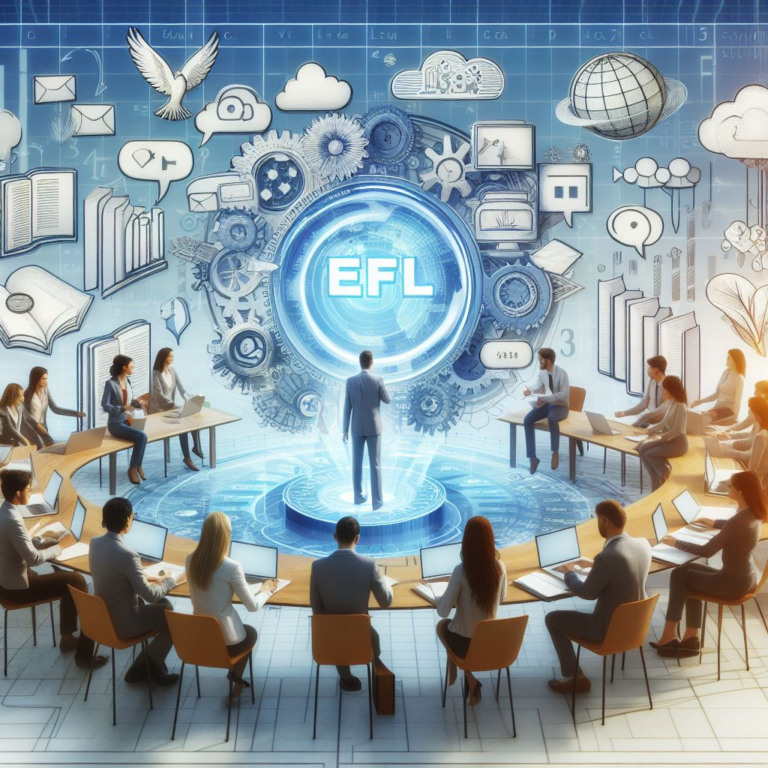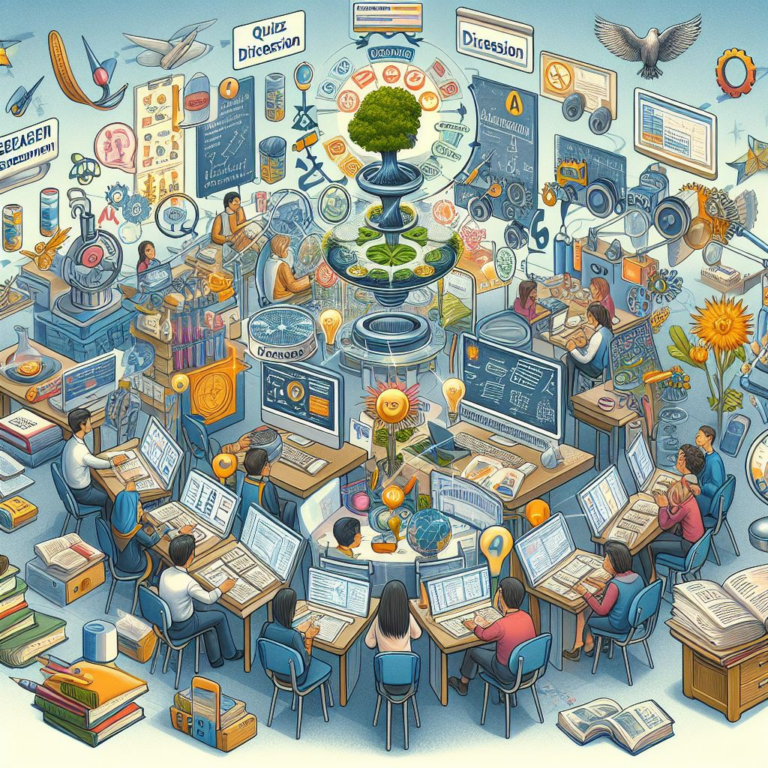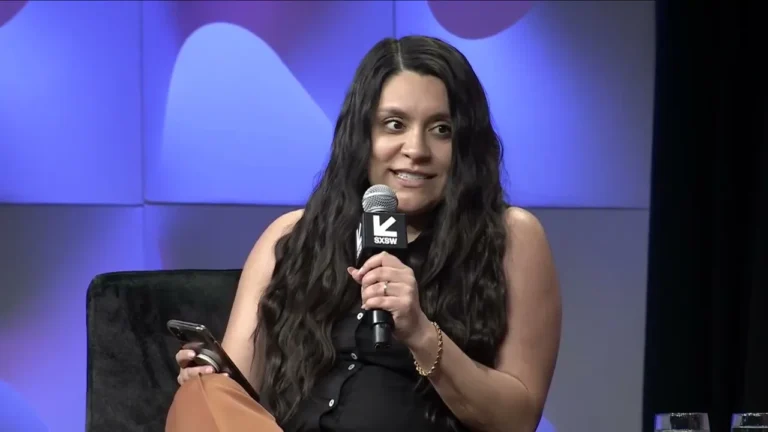TESOL Online with AI
The Five Common Perspectives on Teaching Adults
Here is a summary of the five common perspectives on teaching adults, as described in the source:
- Transmission
- The Transmission Perspective views effective teaching as the instructor’s ability to effectively transfer their knowledge to the learners [1]. Instructors who operate with this perspective see the content as a defined and unchanging body of knowledge that the learners are responsible for mastering [1]. They believe their primary responsibility is to deliver the content to learners in an accurate and efficient way [1].
- Apprenticeship
- The Apprenticeship Perspective sees effective teaching as instructors demonstrating their expertise in a particular area while learners observe and gradually take on more responsibility [2]. Instructors with this perspective believe teaching and learning are most effective when learners are engaged in real-world tasks and that the learning process should incorporate observation, demonstration, and guided practice [2].
- Developmental
- The Developmental Perspective emphasizes the importance of building upon learners’ existing knowledge and helping them develop more complex understandings of the subject matter [3]. Instructors with a Developmental Perspective focus on facilitating growth in their learners’ cognitive structures by using effective questioning and introducing new knowledge that challenges them to progress from simpler to more complex thinking patterns [3].
- Nurturing
- The Nurturing Perspective centers on creating a supportive and encouraging learning environment where learners feel respected and valued [4]. Instructors prioritize their learners’ self-esteem and self-efficacy, and work to support both effort and achievement [4]. They believe that a positive and supportive learning environment is crucial for learners’ success [4].
- Social Reform
- The Social Reform Perspective views teaching as a tool for driving positive social change [5]. Instructors with this perspective prioritize content and learner needs that align with their goals of large-scale societal transformation [5]. They are comfortable using their teaching platform to advocate for these changes and see their role as agents of social change [5].






